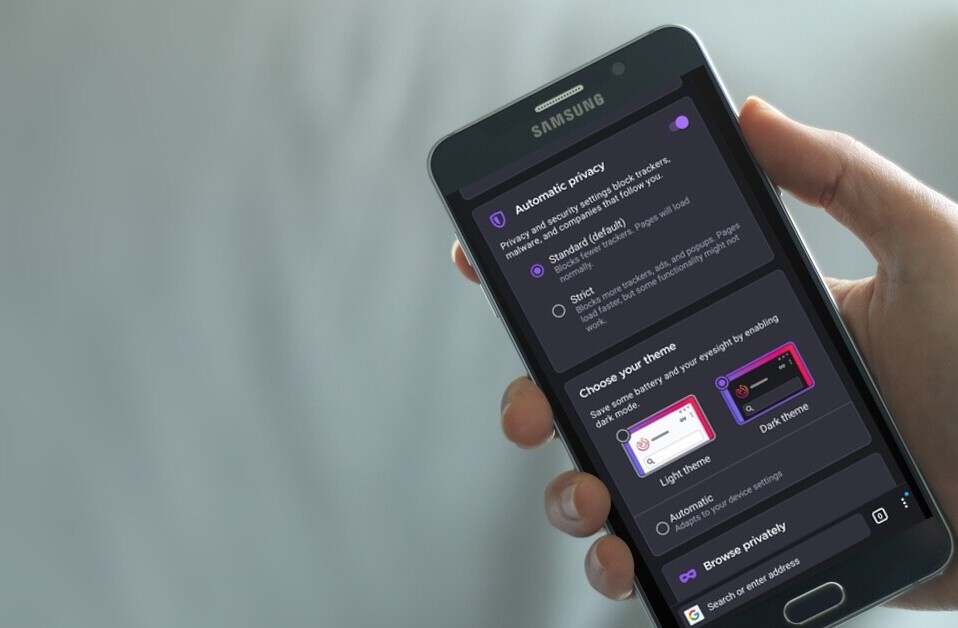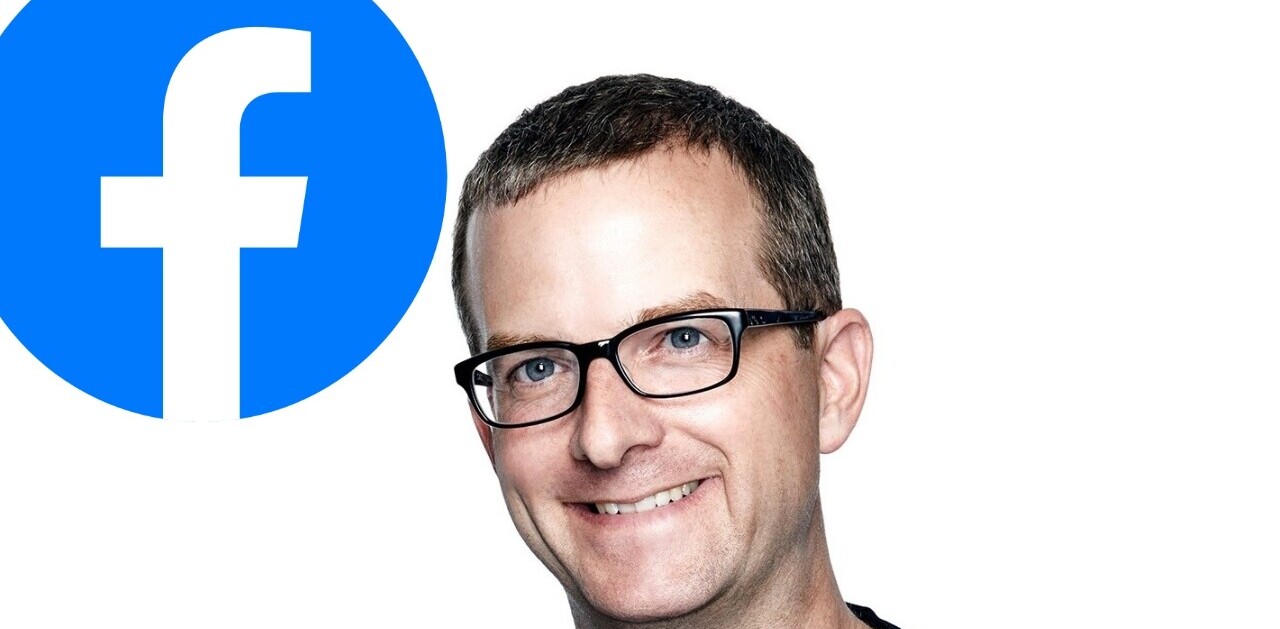
Mozilla made its mark on this year’s Mobile World Congress after it announced that it was launching its new web-based mobile operating system, Firefox OS, in the middle part of 2013 with 17 global carriers.
Sony, LG and Huawei have also been revealed as hardware partners, raising the total count to five alongside Alcatel and ZTE, which showed off the first official Firefox OS devices; the Alcatel One Touch Fire and ZTE Open.
We spoke with John Nightingale, Mozilla’s Director of Firefox Engineering, about the threat from other emerging mobile OS’ such as Tizen and Canonical’s Ubuntu Touch, as well as some of the scepticism surrounding HTML5 apps.
Firefox OS vs. Tizen and Ubuntu Touch
“The difference between someone like Tizen is that their close allegiance to a single OEM is really going to make it hard for them to build a broad adoption base,” Nightingale said. “Samsung hasnt said ‘oh Tizen is only for our phones’, quite the opposite in fact, but I think a lot of the people who might partner with them have got to be looking at that a little sceptically – if I want to make some changes Samsung doesn’t like, do I lose?”
Nightingale argues that Firefox OS is “neutral” because it’s not building any of the hardware and is happy to work with any OEM or operator. “I think that gives us a positional advantage that is hard for someone like Tizen to match,” he added.
Canonical doesn’t plan on building any of its own hardware either. Nightingale, however, sees Ubuntu Touch as roughly a year behind the curve and still “pretty early” when it comes to finding partners and shipping the mobile OS on devices.
Mozilla also doesn’t see Ubuntu Touch as direct competition, but rather a potential ally that could support the company’s passion for HTML5 apps.
“What I would like to see is for them to make a clearer call that HTML5 is the way,” Nightingale said. “If they find success I think that’s great, but I think it’s going to be challenge for them though if they don’t pick a single developer story. In particular, if they pick a proprietary one I think that’s going to be deeply challenging.”
Tackling bad HTML5 apps
Firefox OS runs HTML5 apps exclusively, unlike the native offerings found on iOS and Android.
There has been some concern about the quality of these apps; the recent launch of BlackBerry 10 showed that such offerings were often just wrappers or a simple weblink to the mobile version of the company’s website.
Nightingale believes that there are advantages to going HTML5 only though. “You can write software and have it delivered to your users in seconds,” he said. “You can update it on the fly and it solves a lot of problems that – trust me – are difficult to solve in client software land.”
The Mozilla VP admits that HTML5 apps have a bad reputation, but argues it’s being caused by bad engines – not because they’re technically inferior.
Firefox OS is shipping with the same Boot to Gecko engine found on its desktop and Android iterations. This means the mobile operating system should have all of Mozilla’s Javascript optimizations, Web API changes and more.
Nightingale admits, however, that some HMTL5 apps will just be a simple gateway to an existing mobile site.
“In some cases it might be as simple as taking a mobile site and wrappering it up, but in some cases it might be exactly the opposite,” he explains. “It might be taking your Android app – which you’re lovelingly calling a hybrid app but is actually just some Web content with native widgets to hack around the parts of the webkit support that’s subpar, and peeling off that film and saying, ‘well here’s the Web content as it’s supposed to be’.”
That doesn’t sound particularly innovative though, or even competitive with the custom apps available on iOS, Android and other mobile operating systems. Mozilla believes that its curated app store, simply called Firefox Marketplace, will help to weed out the apps which are either poor quality or malicious.
“We’ve been running curated distribution software for a long time, because Firefox on the desktop has add-ons forever,” he added. “We have this vast add-on ecosystem where there’s thousands, maybe tens of thousands that are all reviewed by humans on a regular basis – people come to that site to discover software and install it – so we actually have a fair bit of experience in reviewing for quality, reviewing for security, reviewing for user respect.”
Success for Firefox OS
Mozilla says its goal isn’t to achieve “global domination” with Firefox OS. In fact, they don’t even seem to be shooting for the third spot behind iOS and Android, currently being fought between Windows Phone and BlackBerry.
“If we’re at 10 percent, 20 percent or 50 percent that’s great, we’ll celebrate that and feel good,” Nightingale said. “But just as good will be if the impact we have causes these other OS vendors to recognise that the system they had where everything was built on their proprietary stack and nicely logged in, isn’t what users want anymore.”
Get the TNW newsletter
Get the most important tech news in your inbox each week.





